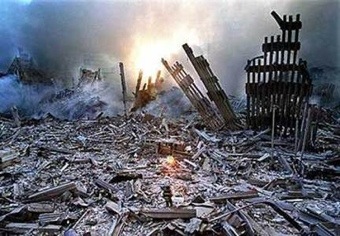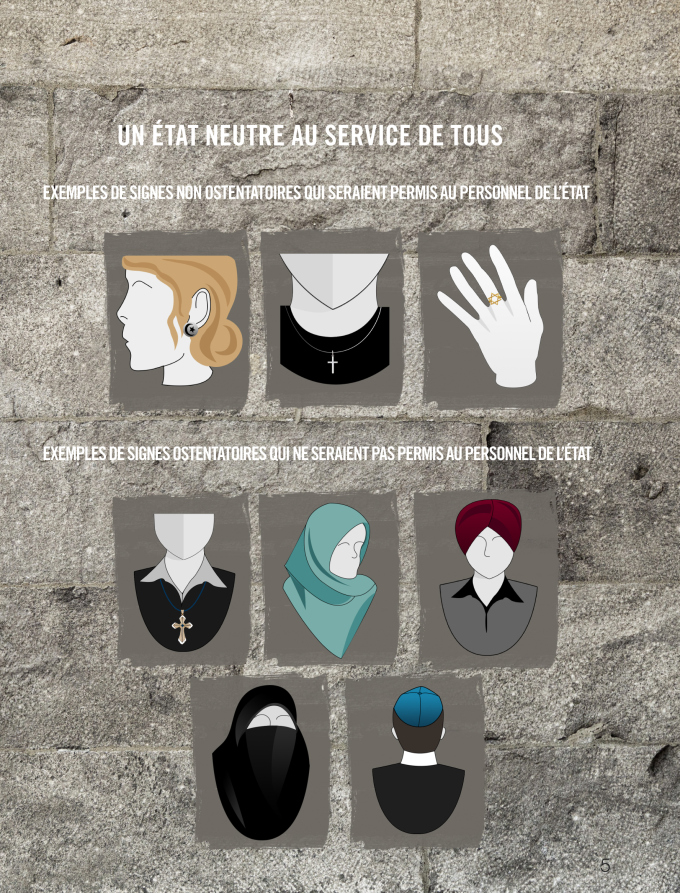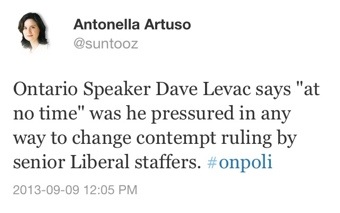Rallying support for military action — or, more broadly, actual war — is no simple thing these days. Writing paeans to peace, in a modern democracy, is a lot easier.
Barack Obama has had this problem for a while now. Slightly more than a year ago, in July, a spokesman for Syrian dictator Bashar al-Assad let it be known that the outlaw regime had stockpiled chemical weapons.
A newspaper called the New York Times reported it, and Assad did not seek a correction. His representatives gave on-the-record interviews, in fact, stating the chemical weapons — they acknowledged they were “weapons of mass destruction” — would “never be used against the Syrian people.”
The Syrian stockpiles included sarin gas, mustard gas and cyanide. Sarin is a nerve agent that goes to work within a minute, paralyzing your lungs.
Mustard gas is a cytotoxic agent that forms big blisters on your skin and lungs, and it has been around for almost 200 years. Its first known use was by the Germans, against British and Canadian soldiers in France in 1917 during the First World War.
Anyone familiar with the movies knows about cyanide; a tiny amount of hydrogen cyanide will kill you in minutes.
A year ago, Obama knew that Syria had the third-largest stockpile of chemical weapons in the world. He also knew that Syria was one of only a few states that had never ratified the international convention against the use of chemical weapons (along with Angola, Myanmar, Egypt, Israel, North Korea, and Sudan).
Knowing all this — knowing that Syria has in fact been making chemical weapons since the 1980s — Obama issued a warning. Famously, he said the use of chemical weapons was a “red line,” and the crossing of it by Assad would draw a swift and mighty response.
Last month, Assad used sarin gas in a predominantly Sunni Muslim area, just east of Damascus. This has been confirmed by the British, the French, the Israelis, the Turks, the Americans and even Doctors Without Borders. For its part, the United Nations stated that it believed chemical weapons had been deployed on at least four occasions during the nearly three-year Syrian civil war, although it couldn’t say which side was responsible.
In the not-so-distant past, all of that should have been enough. The red line had been crossed.
But in the modern era — buffeted as it is by Photoshopped images, and Internet hoaxes, and widespread cynicism fed by presidents and prime ministers spinning about “weapons of mass destruction” — Obama’s task was not made any easier.
Obama made appeals to decency, and references to the body count, and the strategic necessity of it all. In every respect — in every way — he was right. So far, however, the American people are not onside — and likewise many erstwhile allies. Congress evinced no enthusiasm for any of it, but has reluctantly gone along.
The consequences of failing to act, to some of us, were readily apparent. It will embolden Assad, and persuade him to use chemical weapons again and again. It will encourage his terroristic allies in Iran and Hezbollah, and lunatic states like North Korea.
It will suggest laws and conventions against chemical weapons are a crude joke — and likely reduce the American superpower to an international laughingstock.
It will isolate and jeopardize western allies in the region, like Saudi Arabia and Turkey and Israel.
It will magnify the refugee crisis caused by the Syrian civil war — now affecting more than 1.5 million men, women and children.
But most of all, it will render us less human. Nearly 1,500 innocent civilians were murdered by Bashar al-Assad on the morning of Aug. 21. One third of them were children.
Rallying support for military force is, as noted, no simple task. No one likes it.
But on Aug. 21, a red line was truly crossed. And if we do not acknowledge that — and if we do not act on that — we are indeed slightly less human than we once were.
History, as someone once said, is watching.
Comments (57)






